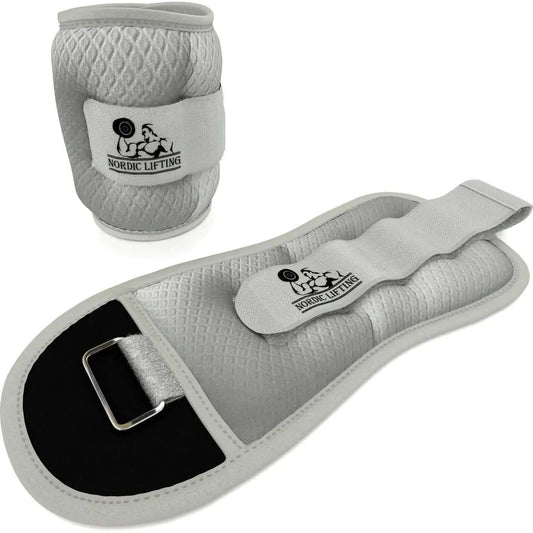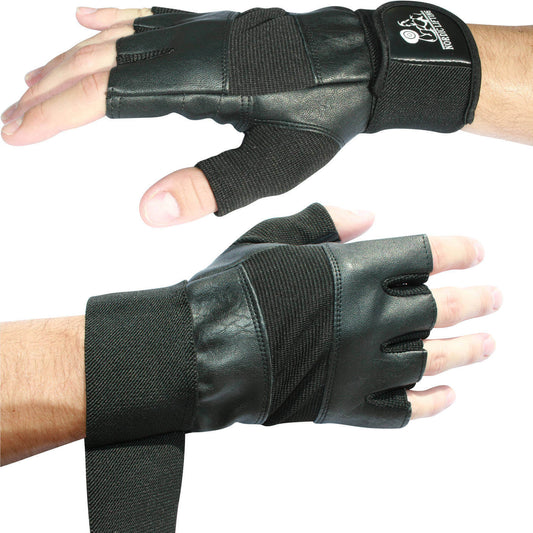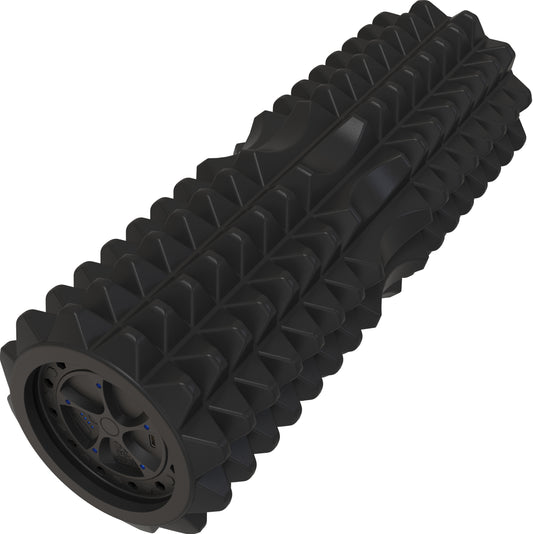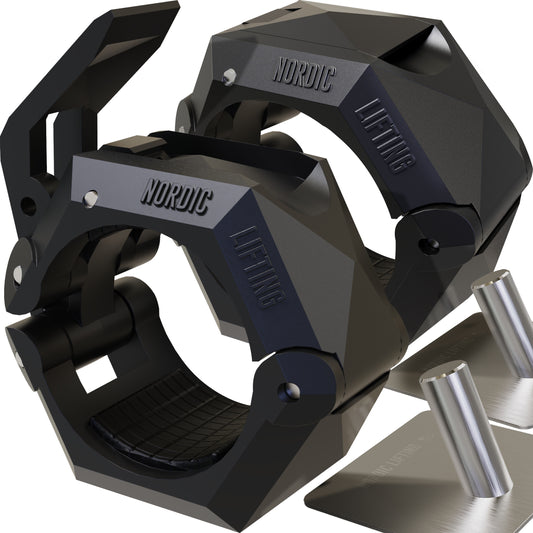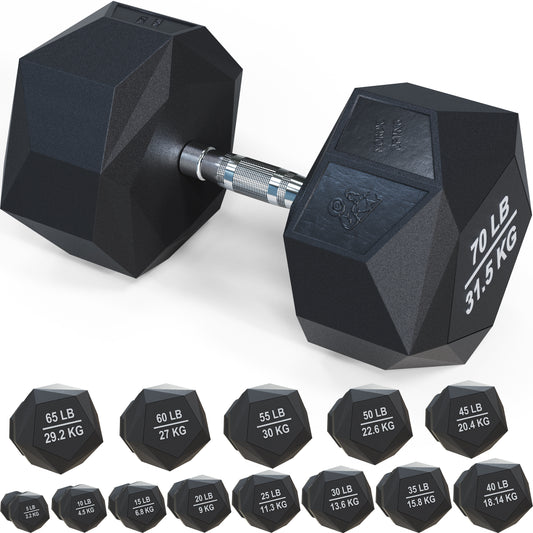Last Updated: February 9, 2025
Many individuals start their fitness journey with enthusiasm but often fall into common traps that can hinder their progress. Identifying and avoiding these frequent gym fails is key to maximizing workouts and achieving fitness goals. From improper warm-ups to skipping nutrition, these mistakes can prevent success and even lead to injuries.
In this article, readers will learn about the top ten gym mistakes that can derail their fitness efforts. By recognizing these pitfalls, they can enhance their workout routines, stay healthy, and foster a positive attitude towards fitness.
Key Takeaways
- Proper warm-ups and good form are essential to prevent injuries.
- A balanced routine promotes overall health and fitness success.
- Nutrition and hydration play critical roles in reaching fitness goals.
Setting the Foundations: Warm-Up and Form
Proper warm-up and correct form are crucial for preventing injuries and enhancing workout effectiveness. Focused preparation sets the stage for a successful training session, while mastery of form boosts performance and minimizes risks.
The Importance of Proper Warm-Up Exercises
Warming up is essential for preparing the body for exercise. It increases blood flow to the muscles, improving flexibility and readiness. Warm-up exercises can include light cardio and dynamic stretches.
A good routine might involve:
- 5-10 minutes of light cardio (jogging, cycling)
- Dynamic stretches (arm circles, leg swings)
This practice not only helps with muscle performance but also reduces the risk of injury. When the body is warm, it performs movements more effectively, promoting a full range of motion. Proper warm-ups enhance energy levels and focus, allowing individuals to get the most out of their workout.
Mastering Proper Form in Weight Training
Using proper form is crucial when lifting weights. It ensures that the exercises target the right muscle groups and minimizes the risk of injury. When lifting, individuals should focus on maintaining a straight back and aligned joints. This alignment helps in using the correct muscles effectively.
Key tips for maintaining good form include:
- Engage core muscles: This supports the spine and provides stability.
- Control the movement: Avoid jerky motions. Move slowly and steadily.
- Use a mirror or a trainer: Watching oneself or getting feedback can help maintain form.
Mastering proper form aids in maximizing workout benefits while ensuring safety during training.
Avoiding Common Form Mistakes
Many individuals struggle with bad form, which can lead to injuries or ineffective workouts. Common mistakes include rounding the back during lifts or not fully extending limbs. This poor form reduces the effectiveness of the exercise and may lead to discomfort or injury.
To avoid these pitfalls, individuals should:
- Focus on alignment: Keep knees over toes and back straight.
- Prioritize a full range of motion: Ensure movements are not limited. For example, in squats, going too shallow can impact muscle engagement.
- Start with lighter weights: Building strength with proper form before increasing weight is crucial.
Creating a Balanced Workout Routine
A balanced workout routine combines different types of exercise to maximize results. It is important to include both cardio and strength training, as well as to allow time for rest and recovery. This approach helps prevent injuries and promotes muscle growth.
Integrating Cardio and Strength Training
Combining cardio and strength training is essential for a well-rounded fitness plan. Cardio exercises, like running or cycling, improve heart health and endurance. Strength training, including weight lifting, builds muscle and increases metabolism.
A good routine could involve three to four days of strength training, targeting different muscle groups each session. For example:
- Day 1: Upper body
- Day 2: Lower body
- Day 3: Core
- Day 4: Full-body
On alternate days, include 20-30 minutes of cardio. This mix helps enhance overall fitness and prevents workout monotony.
Importance of Rest Days and Recovery Time
Rest days play a critical role in any workout routine. They give muscles time to recover and grow stronger, reducing the risk of overtraining. Overtraining can lead to fatigue and injuries, which can hinder fitness progress.
It's advisable to take at least one to two rest days per week. During these days, light activities like walking or stretching are beneficial. This keeps the body active without pushing it too hard.
Muscle recovery techniques, like proper hydration and nutrition, should also be prioritized. Eating a balanced diet rich in protein and healthy fats can support recovery and enhance workout results.
Nutrition and Hydration: Fueling the Fitness Journey
Proper nutrition and hydration are essential for anyone looking to enhance their fitness journey. With the right approach, athletes can optimize muscle mass and support recovery, leading to better overall performance.
Optimizing Nutrition for Muscle Mass and Recovery
Nutrition plays a critical role in building muscle and aiding recovery. A balanced diet should include plenty of lean proteins, complex carbohydrates, and healthy fats. Proteins are vital for muscle repair and growth. Foods like chicken, fish, beans, and nuts should be prioritized.
Moreover, consuming protein shakes can be a convenient way to meet daily protein needs, especially post-workout. Aim to ingest protein within 30 minutes of exercise to maximize recovery.
Incorporating a variety of fruits and vegetables will also provide essential vitamins and minerals to support overall health. These nutrients can reduce inflammation and help muscle recovery after intense workouts.
Hydration: The Key to Health and Performance
Hydration is crucial for maintaining energy levels during workouts. Even slight dehydration can negatively impact performance. Athletes should drink water regularly throughout the day, aiming for at least 8-10 cups, depending on activity level.
During intense exercise, sports drinks can provide necessary electrolytes and carbohydrates to replenish what is lost through sweat. It is important to listen to the body and adjust fluid intake based on activity and climate conditions.
Keeping track of hydration levels can be easily done by monitoring urine color. Pale yellow indicates proper hydration, while darker shades could signal the need for more fluids. This simple check can support both health and fitness goals.
Frequently Asked Questions
Many people have questions about common gym mistakes and their effects on fitness. Addressing these concerns can help individuals improve their workout habits and achieve better results.
How can improper form during workouts lead to injuries?
Improper form during workouts can place undue stress on muscles and joints. This stress increases the risk of strains, sprains, and more serious injuries. Correcting form not only enhances effectiveness but also helps ensure safety.
What is the significance of rest days for muscle recovery?
Rest days are essential for muscle recovery as they allow the body to repair and grow stronger. Without adequate rest, muscles can become fatigued, leading to decreased performance. Rest also helps prevent injuries caused by overtraining.
What are the misconceptions about the amount of weight to lift for beginners?
Many beginners believe they should lift heavy weights to see results. However, starting with lighter weights allows for proper form and reduces the risk of injury. Gradual increases in weight can lead to steady progress without the drawbacks of lifting too much too soon.
How does not warming up properly affect gym performance?
Failing to warm up can result in poor performance and increase the chances of injury. A proper warm-up prepares the body for physical activity by increasing blood flow to the muscles. This can lead to improved flexibility and range of motion.
What are the risks of overlooking gym etiquette?
Ignoring gym etiquette can create an uncomfortable environment for everyone. This includes not re-racking weights and hogging equipment. Such behavior can lead to tension among gym-goers, which can discourage a positive workout atmosphere.
Why is it important to have a balanced workout routine?
A balanced workout routine addresses various muscle groups and aspects of fitness. Focusing only on one area, like strength training, can lead to imbalances and injuries. A well-rounded approach promotes overall health and better results.







